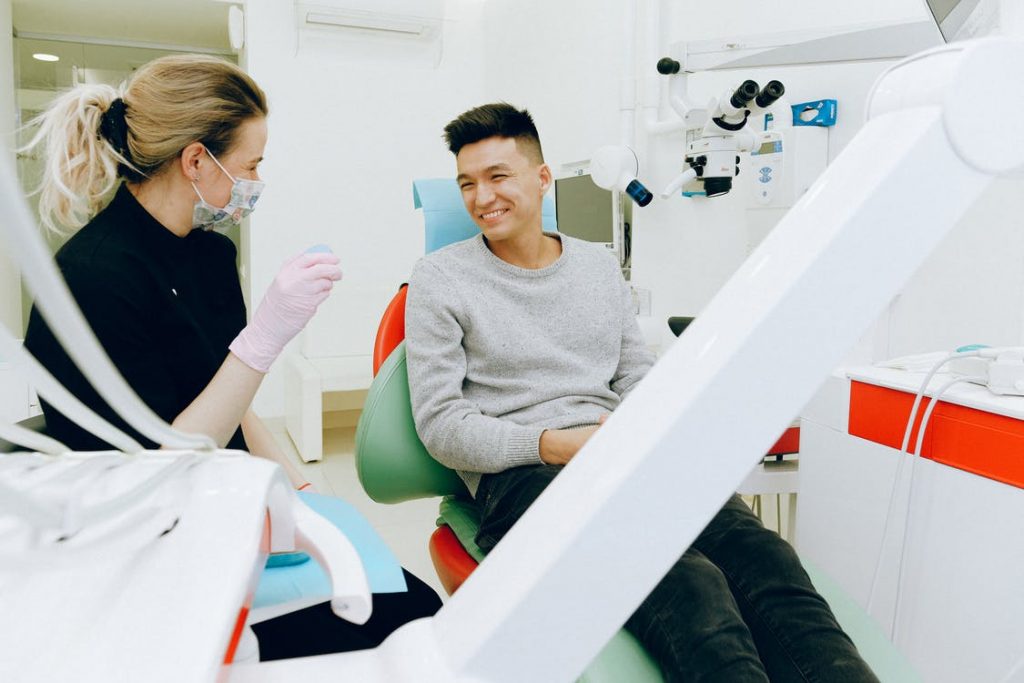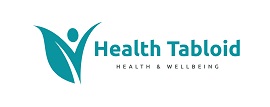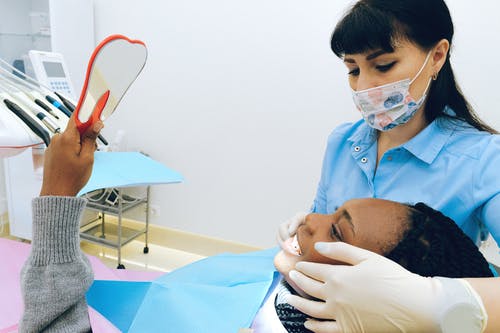If you suffer from snoring or sleep apnea, you might be interested in sleep dentistry. Sleep dentistry, also known as oral appliances, work to prevent you from grinding your teeth at night, which causes tooth damage and discomfort during the day. Additionally, they’re often used to treat jaw pain or muscle aches that you feel when you wake up in the morning, so you can sleep better at night and feel more refreshed the next day. Read on to learn more about the benefits of sleep dentistry and how it can improve your quality of life!
Anxiety Relief
No matter what time we go to bed, it seems we wake up with worries on our minds. And although we may not notice it at first, all that stress and anxiety can be leaving a significant mark on our smile. It’s essential to take care of your smile and fight tooth decay while also getting rid of stress. What’s better than doing both at once? Sleep dentistry can help your teeth stay strong and healthy while taking some weight off your shoulders, too.
Anterograde Amnesia
This is a condition that causes you not to remember events that happen while you’re asleep. The medical term for a loss of memory from a time is anterograde amnesia, and it’s most commonly associated with traumatic brain injuries or neurological illnesses. Many people don’t realize that it can also be caused by conditions as benign as sleep apnea, making it vital to talk to your doctor about any concerns you have about sleeping well. In fact, according to research from Harvard Medical School, as many as 40 percent of people who have been diagnosed with obstructive sleep apnea experience some degree of memory loss related to their condition.

Reduction In Gag Reflex
A common reaction among dentists is a gag reflex when they’re working. The treatment can be uncomfortable for patients. But a good sleep dentist will work hard to make sure you’re relaxed and comfortable throughout your appointment, from initial consultation through final payment. Plus, since sedation dentistry uses conscious sedation instead of general anesthesia, your dentist will never have to worry about an allergic reaction to anesthetics or medication—and neither will you! That means no more worries about developing an allergy to Novocain. Sleep dentistry often allows faster recovery times and less discomfort afterward, so you won’t feel sluggish or have a sore throat while eating or drinking after a dental appointment.
Pain Relief
While most people know that sleep apnea can cause headaches, they may not realize that a few nights with a CPAP machine can reduce or eliminate them. In addition to alleviating one pain symptom, using your CPAP can positively affect your overall health. Research shows it’s been linked to improvements in blood pressure and cholesterol levels, even among patients who don’t have sleep apnea. Improving your sleep quality is likely to lead to a reduction in pain and better overall health. While you’re at it, ask your dentist about snoring treatment options, too—treating snoring could alleviate painful symptoms related to airway obstruction while improving your overall health as well.
The Dentist Can Work Faster
Your dentist can go through treatment faster if you are well-rested. Sleep dentistry has proven that patients who sleep during procedures have significantly less pain. Your dentist will be able to work faster, which means minor damage to your teeth and gums. This means you can get out of there faster, so try getting a full night’s rest before your next appointment.


